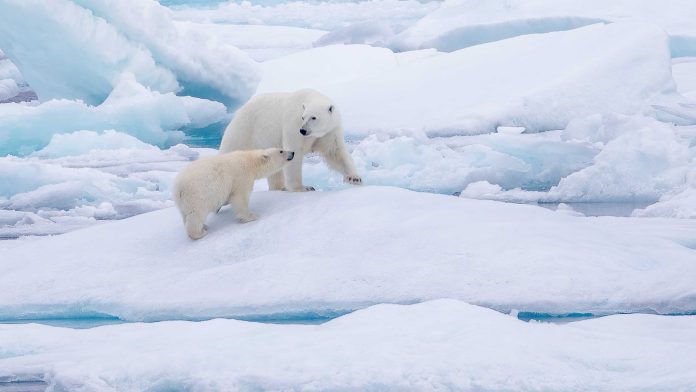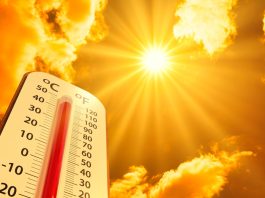Canada’s ArcticNet aims to advance knowledge of the Arctic and provide innovative solutions to its challenges through scientific excellence, self-determined research, and collaboration.
Over the past two decades, Canada’s ArcticNet has built a vast network of strategic partners and alliances and established a proven national and international track record of scientific excellence with real-world impacts and outcomes. ArcticNet, initially a Network of Centres of Excellence of Canada (2003-2025), is a non-profit organisation recognised as Canada’s northern research network.
ArcticNet aims to mobilise the expertise and resources of science and research organisations to advance knowledge of the Arctic and provide innovative solutions to change. ArcticNet has developed a new vision to connect and leverage all national knowledge assets to better understand and prepare for a changing Arctic, with the ultimate research results supporting a healthy, self-determined, and dynamic Arctic.
ArcticNet-funded teams train a diverse pool of Arctic specialists to meet the needs of a vibrant development and society.
A collaborative and strategic Arctic research plan
Since 2024, ArcticNet has been partially funded by the Strategic Science Fund of Canada (ISED).
Moving forward, ArcticNet has co-developed a vision with key partners (Inuit Tapiriit Kanatami, Inuit Circumpolar Council Canada, Polar Knowledge Canada) to support and enable discovery science and Indigenous-led self-determined research.
Building on a long tradition of success and accomplishments, the next iteration of ArcticNet convenes three key leaders of Canada’s evolving northern research ecosystem: The federal government, Indigenous Peoples (organisations and governments), and academia (universities and post-secondary institutions).
With the strong support of partners, ArcticNet continues to revolutionise the way in which Arctic challenges are being identified, addressed, and faced by following a co-developed strategic research and training plan that deploys:
- Partnered research and training programmes that can nimbly leverage resources and assets to support science on priority challenge areas both domestically and internationally;
- North-by-North training and research programmes in the North, by the North, and for the North, that unleash capacity and support the self-determination of Indigenous Peoples in research;
- Leveraging and convening an established and extensive network of experts and knowledge holders from across Canada and the world to share and advance knowledge;
- A redesigned approach to training and mentorship of the next generation of Arctic experts that aims to enrich competencies, maximise skills, and enhance Canada’s skilled job force;
- Rapid scientific assessments to inform policy, adaptation, and decision-making in the circumpolar Arctic.
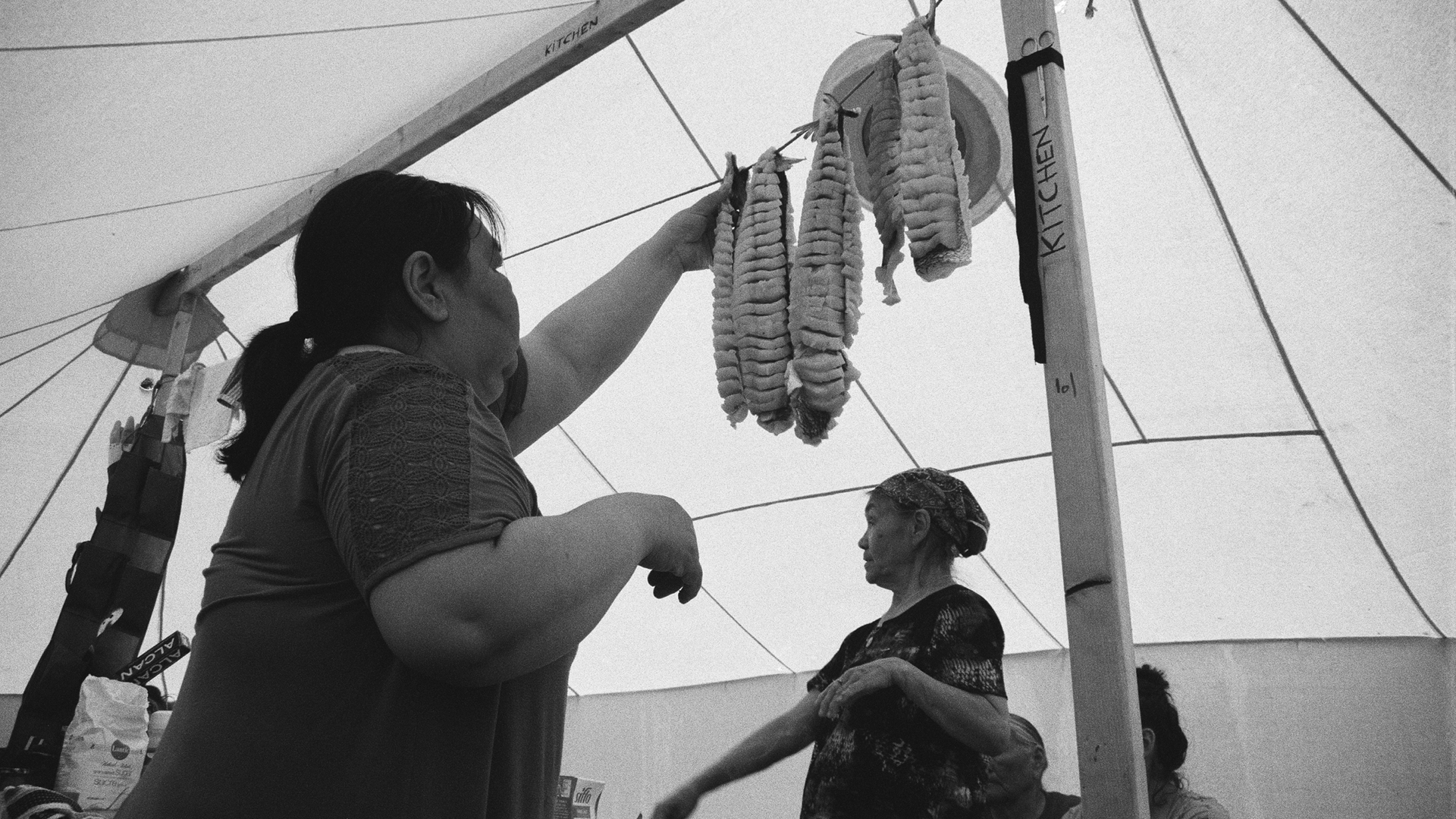
World-class knowledge and expertise
ArcticNet combines rigorous scientific methodology with Indigenous knowledge to create a better understanding of the changing Arctic landscape and its impacts on Canadians and global society.
Through ArcticNet, research results and knowledge translation are accelerated and shared broadly with local communities, industry, government and our international partners. Interpreted through a contemporary lens, the results are evidence-based and applicable to real-world challenges.
ArcticNet-funded projects span a diversity of disciplines, from sea ice dynamics, permafrost thaw, coastal erosion, food and water security, wildlife disease and population dynamics, plant ecology, shipping, marine and terrestrial biodiversity, Inuit health and education, fisheries development, and so on.
Funded teams must be composed of experts from diverse institutions and disciplines and must represent various career stages. This ensures inclusive research applying holistic and diversified perspectives.
Since 2004, ArcticNet has trained over 4000 Highly Qualified Personnel, funded over 200 research projects composed of over 400 researchers, and published over 10,000 articles. ArcticNet-funded research projects span every northern geographic region and ecosystem, from coast to coast to coast.
Arctic research projects
ArcticNet-funded projects aim to address ongoing global concerns felt most severely by Northerners. For example, in the Canadian North, permafrost thaw induced by climate change directly impacts the lives and livelihoods of Northerners by damaging infrastructure and transportation networks, affecting food security by reducing access to subsistence hunting, changing natural landscapes, and more.
Supporting Humans in a Thawing Landscape project
Despite the significant costs associated with technological and cultural adaptations, permafrost thaw and its impacts on society are unclear. Led by Dr Fabrice Calmels (Yukon University), the ‘Supporting Humans in a Thawing Landscape’ project addresses Northerners’ concerns about permafrost thaw in various Northern communities across Canada. The team is composed of researchers and Highly Qualified Personnel from three universities from across Canada, including Yukon University, University of Alberta, and Université Laval.
In March 2023, it was announced the National Trade Corridors Fund would be invested towards the ‘Enhancing Yukon trade corridor resilience to northern geohazards’ project at Yukon University as a part of Dr Calmels’ ArcticNet funded research. This funding paired with ArcticNet funding will contribute to the installation of monitoring stations along Yukon highways to identify factors contributing to permafrost thaw. Ultimately, this information can direct solutions to eliminate risks associated with permafrost thaw (e.g. road erosion) and mitigate the disruption of the transportation of goods to remote Northern communities.
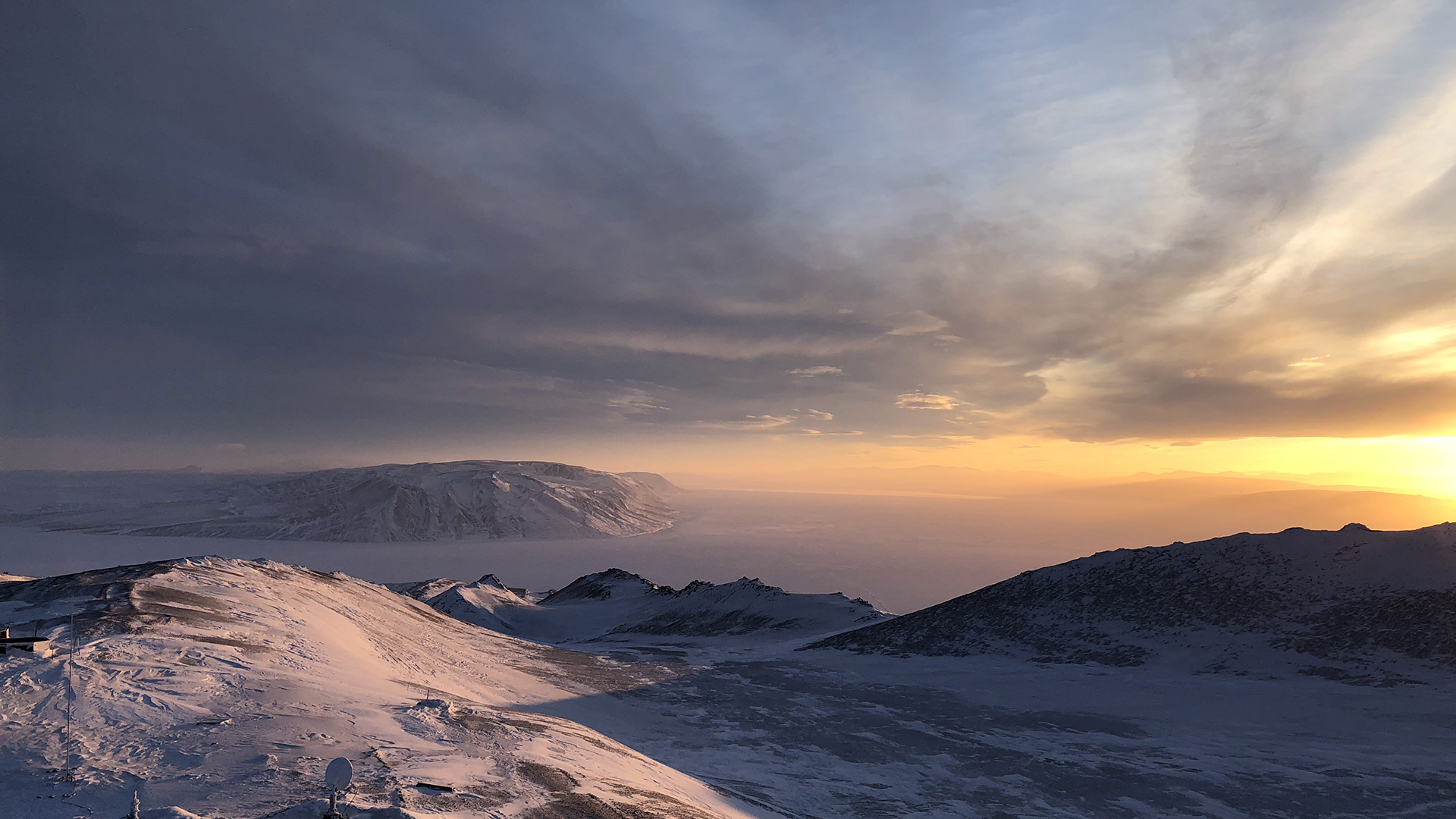
The North-by-North Program
The North-by-North Program is ArcticNet’s northern-led, directed, and governed research programme. The Inuit Qaujisarnirmut Pilirijjutit (IQP) and the Northern Research Leaders Program constitute the North-by-North Program, led by the Inuit Research Management Committee and supported by the Inuit Tapiriit Kanatami (ITK), Inuit Circumpolar Council (ICC), and the Territorial Advisory Committee of ArcticNet, respectively. One of the approaches we have seen to be most effective in ArcticNet is applying the principles of the National Inuit Strategy on Research to our projects.
The Northern Research Leaders Program
The Northern Research Leaders Program supports research leaders, chairs, postdoctoral fellows, and research associates across Yukon University, Aurora College, Nunavut Arctic College, and the Labrador Institute’s new School of Arctic and Subarctic Studies (SASS). These positions strengthen the capacity of the northern post-secondary institutions.
This programme focuses on building science capacity at the northern institutions. It provides access to accredited university education in northern regions while providing opportunities for high-quality post-secondary education for Indigenous students.
Additionally, this programme and these institutions provide opportunities for northerners with PhDs to return home or to live in the North, develop new research programmes for future generations, and build local capacity for northern research.
The IQP
The IQP, the world’s first Inuit-led research programme, has released two Calls for Proposals, which funded 21 projects and supported over 160 researchers, research assistants, and highly qualified personnel. The IQP projects stretch across all four of the Inuit land claims regions of the Inuvialuit Settlement Region (ISR), Nunavut, Nunavik, and Nunatsiavut. The projects are interdisciplinary and are the pilot projects for defining what Inuit-led research truly is, as defined by the regional Inuit research leaders.
Results from the IQP inform Canada’s local and national funding bodies on how to define, fund, and promote self-determined Inuit-led research. This programme is creating this standard not only within our own country but internationally. Canada is piloting this type of funding, and it establishes ArcticNet as an international leader in how to value, fund, and incorporate traditional knowledge systems into the scientific process.
One of the main pillar activities of the IQP is to train Inuit to research their land in Inuit Nunangat. A prime example is the Marralik Estuary Beluga Project, which is immersed in Nunavik Inuit communities and uses a unique approach to conducting research on belugas by involving local Inuit youth.
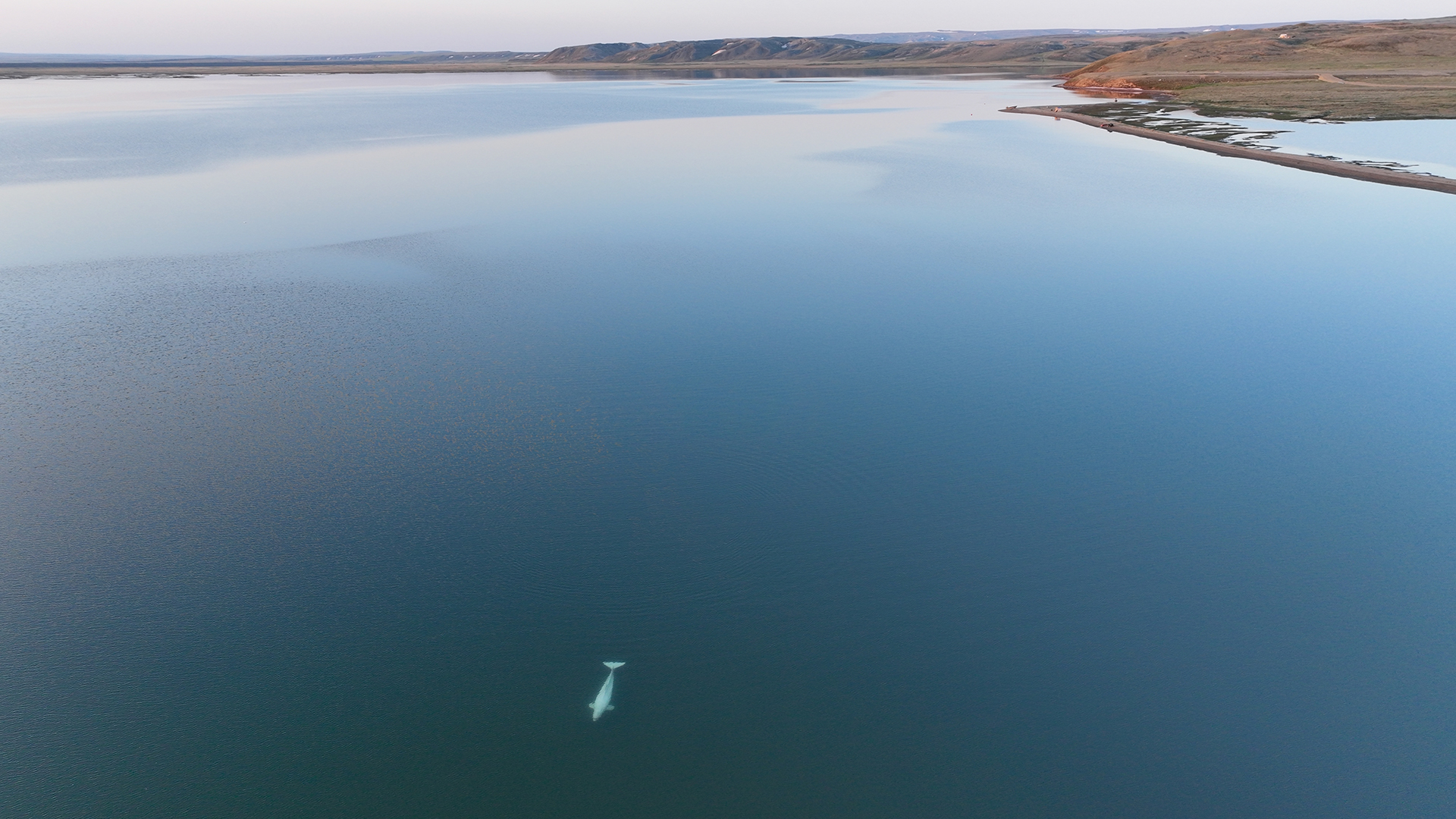
For the past two years, project leader James May has hosted a youth camp to share Inuit knowledge and train local youth on research techniques. Camp attendees are trained in observing beluga, collecting environmental DNA (eDNA) samples, and learning about wildlife management.
A particularly exceptional outcome of this project is an Inuk high school student and camp attendee who presented a poster at ArcticNet’s 2022 Annual Scientific Meeting (ASM) in Toronto on ‘Sharing Inuit and Scientific Knowledge to Promote Change in Wildlife Health and Management’ with the knowledge she gained at this research camp. The student was awarded the Inuit Tapiriit Kanatami Inuit poster award. This untraditional yet effective approach to research was featured in a blog post in June 2023 on the ArcticNet website.
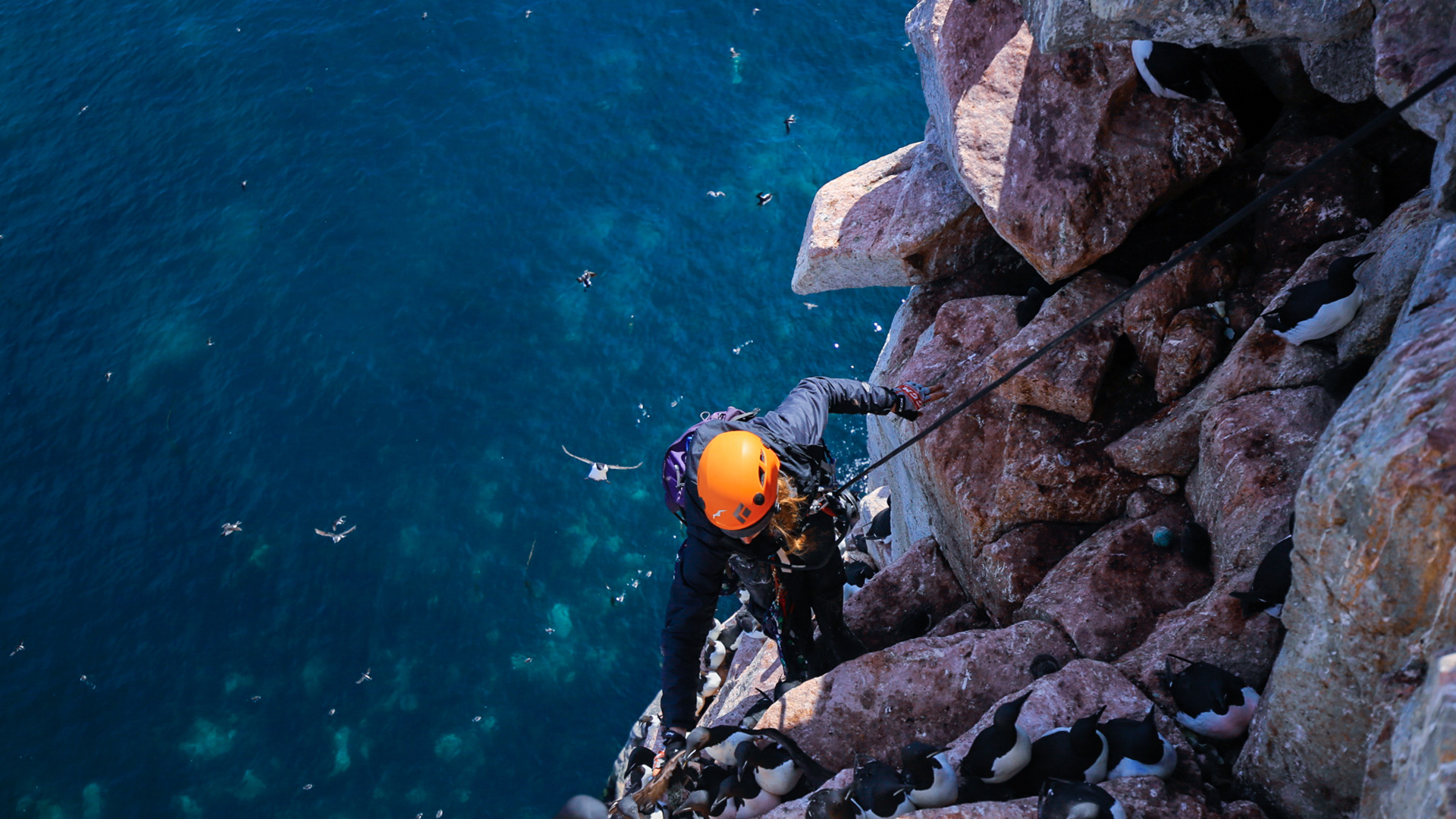
The future of Arctic research
The conduct of research in the North is complex due to harsh climatic conditions, intense travel logistics and costs, and the need for engagement with Indigenous communities for the co-development of projects and their active participation throughout the research process. Giant strides have been taken to engage more meaningfully with Indigenous partners and to support reconciliation through self-determined research. Therefore, ‘how’ we do research is just as important as ‘what’ we research in the Canadian North.
ArcticNet’s mission is to support a healthy and vibrant Arctic, with increased science literacy across the globe, and training a new generation of independent thought leaders and experts on Arctic research. Arctic experts continue to provide evidence-based information from several knowledge systems to support decision-makers and policymakers, using Western science and Indigenous knowledge together to uplift global society.
Please note, this article will also appear in the 19th edition of our quarterly publication.

